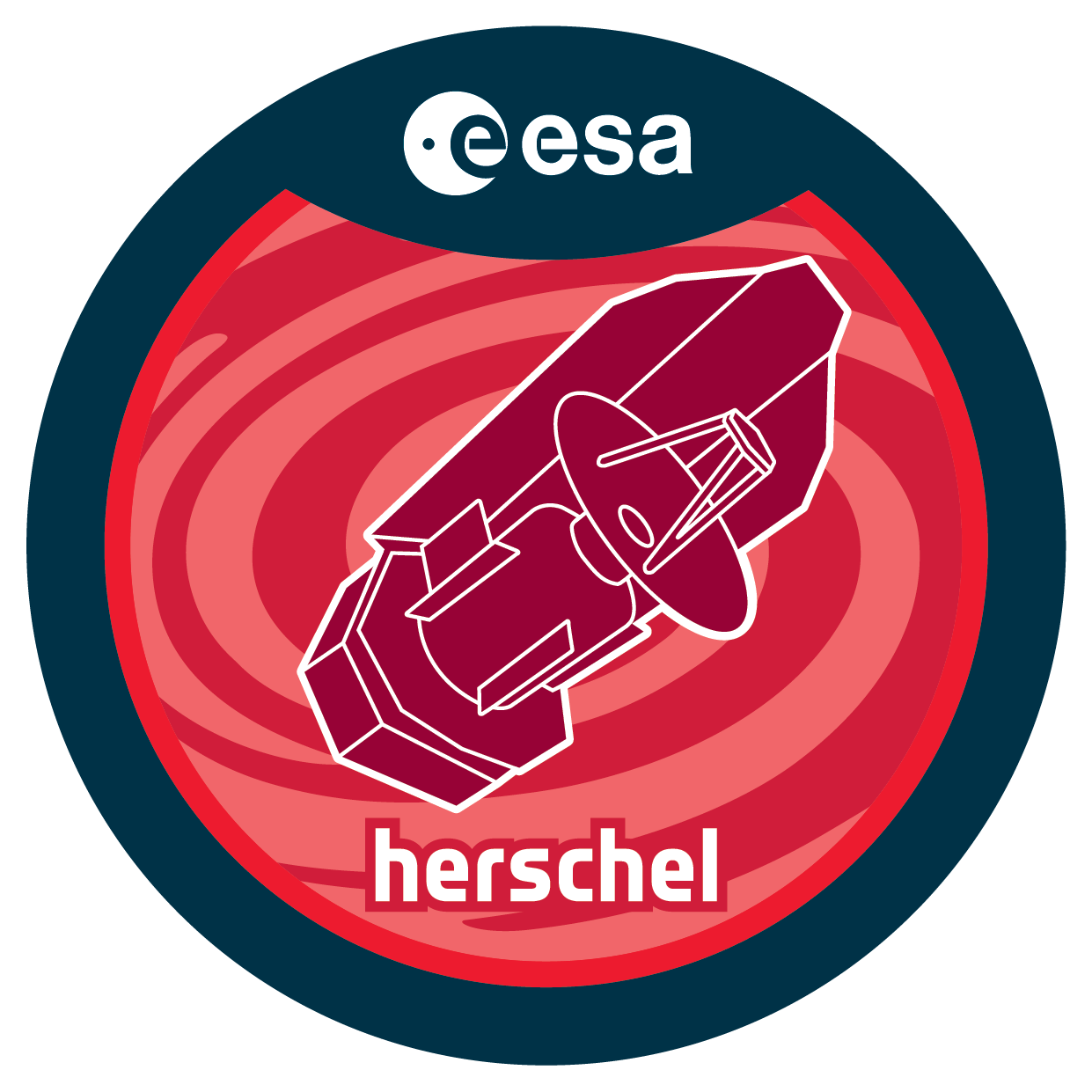

| Name | OT2_rwang_2 |
| Title | Dust Emission in the Starburst Quasar Host Galaxies at Redshift 6 |
| URL | http://archives.esac.esa.int/hsa/whsa-tap-server/data?retrieval_type=OBSERVATION&observation_id=1342246821&instrument_name=PACS&product_level=LEVEL0&compress=true |
| DOI | https://doi.org/10.5270/esa-rw43juu |
| Author | wang, r. |
| Description | Our group have been carrying out a systematic survey of the star formation and ISM properties in the host galaxies of z~6 quasars, and strong millimeter dust continuum and highly-excited molecular gas have been discovered in the host galaxies of about 30% of quasars at z~6, indicating the presence of massive star formation coeval with rapid supermassive black hole (SMBH) accretion in these earliest quasar host galaxies close to end of cosmic reionization. In this proposal, we request Herschel/SPIRE photometric observations of the rest-frame FIR continuum emission from three of the millimeter bright z~6 quasars. The FIR emission from star formation-heated warm dust provides the most reliable measurement of the star formation rate in the quasar host galaxies at the highest redshift. The SPIRE observation samples the peak of the FIR SED from quasars/galaxies at z~6, and thus, are critical in the study of dust temperature, dust mass, FIR luminosity and star formation rate in these ealiest quasar-starburst systems. We have an approved ALMA Cycle 0 project of image the C II fine structure line and 1mm dust continuum emission and measure the distribution of the star formation in these three objects (and another two z~6 quasars observed in an existing Herschel Key Program). The accurate measurements of star formation rates with SPIRE and spatial distribution/surface densities with ALMA will put key constraints on the early growth of the quasar spheroidal host galaxies at the earliest epoch. We also require PACS photometric observation of the 100 um and 160 um dust continuum emission from one of the three objects, J2310+1855, at z=6.002. This object is a rare Low ionization Broad Absorption Line quasar, but show very bright millimeter continuum and molecular CO line emission from the quasar host. The PACS observation will measure the rest-frame mid-infrared continuum emission and allow us to investigate the emission properties of the AGN-powered hot dust torus in the LoBAL systems at the highest redshift. |
| Publication | |
| Instrument | PACS_PacsPhoto_largeScan, SPIRE_SpirePhoto_small |
| Temporal Coverage | 2012-06-08T23:34:41Z/2013-01-03T02:57:48Z |
| Version | SPG v14.2.0 |
| Mission Description | Herschel was launched on 14 May 2009! It is the fourth cornerstone mission in the ESA science programme. With a 3.5 m Cassegrain telescope it is the largest space telescope ever launched. It is performing photometry and spectroscopy in approximately the 55-671 µm range, bridging the gap between earlier infrared space missions and groundbased facilities. |
| Creator Contact | https://support.cosmos.esa.int/h®erschel/ |
| Date Published | 2013-07-03T02:34:17Z |
| Last Update | 2025-01-24 |
| Keywords | Herschel, HSC, submillimetre, far-infrared, HIFI, PACS, SPIRE |
| Publisher And Registrant | European Space Agency |
| Credit Guidelines | European Space Agency, wang et al., 2013, 'Dust Emission in the Starburst Quasar Host Galaxies at Redshift 6', SPG v14.2.0, European Space Agency, https://doi.org/10.5270/esa-rw43juu |